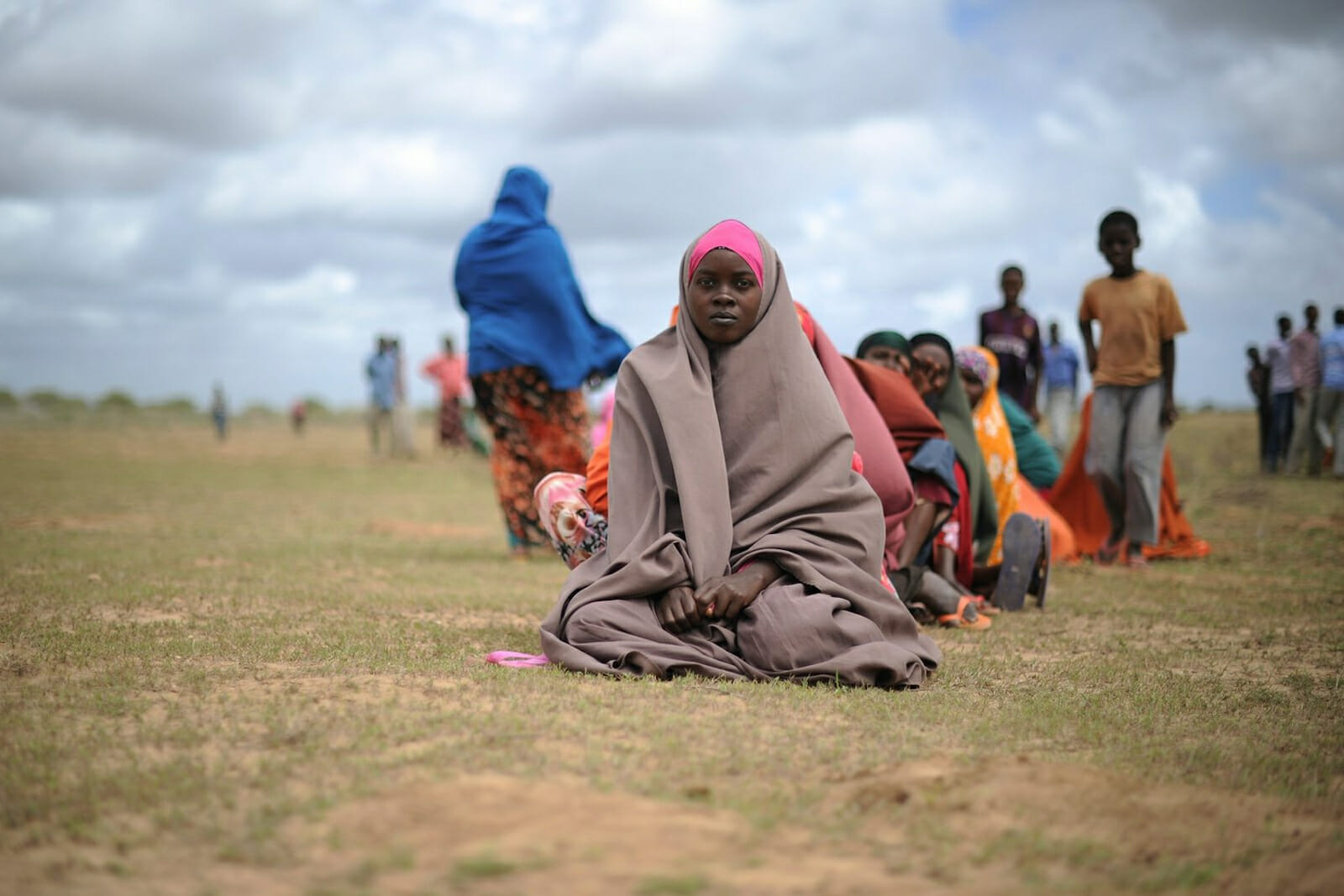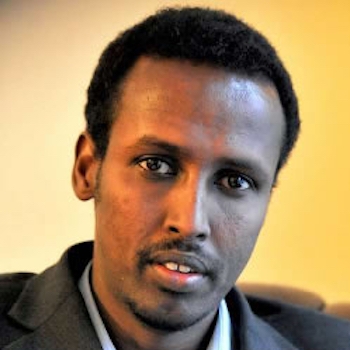
Politicizing Somalia’s Human Rights Debate
Former Somali prime minister, Omar Arteh Qalib, had a habit of saying “Somalis will sort out their differences under a tree,” in reference to the traditional shir (meeting) to which disputes are referred for adjudication by elders of two clans. When he made the now-famous “under the tree” speech Somalia had not fully slipped into anarchy. What is striking about Omar Arteh Qalib’s prescription for conflict resolution is that he viewed the war to have been not between government loyalists and armed opposition groups but among clans. He instructed remnants of Somalia army to surrender to armed opposition groups— in the north to the Somali National Movement; in the south to United Somali Congress, Somali Salvation Democratic Front and Somali Patriotic Movement.
Omar Arteh was a member of The Reconciliation Committee (Guddiga Suluxa) appointed by the military dictatorship before it has been overthrown by the opposition, and foresaw the impending power struggle between United Somali Congress’s Rome and Ethiopia wings as well as possible armed opposition response to United Somali Congress’s unilateral decision to form a government in Mogadishu without consultation with other armed opposition groups. His ‘meeting under the tree’ metaphor was situationally relevant but practically irrelevant: political elites of clans were at loggerheads with each other over how to share state power but under a tree two clans thrashed out their differences in the absence of penal of code or, when penal code was adopted after independence, without recourse to it.
Twenty-two years after the state collapse, Somalia has a government facing challenges left behind by successive transitional administrations.
“Who is preoccupied with what happened yesterday— ‘ camels looted from us, houses destroyed, our murdered clansmen’— will miss the future. Most of the time people don’t agree on the history of a civil war. The man you view as a thug or robber is seen by someone else as a hero. There is no disagreement on good life and dignity of the human being” said president Hassan in a speech for the Somali Diaspora in Brussels.
President Abdirahman Farole of the Puntland Regional Administration reacted to president Hassan’s speech by alluding to the 1991 massacres after United Somali Congress captured Mogadishu, forcing the late dictator Mohamed Siyad Barre to flee to his home of, Buurdhuubo. “The Somali people have suffered since the days of military dictatorship. The 1991 massacres that targeted particular [Somali] clans in Mogadishu and other areas of southern Somalia must be addressed, and those who committed the massacres and looted the people’s properties must request forgiveness. I had two houses in Mogadishu. I had to sell the two houses.” President Farole said.
In Somalia, the human rights debate has become a playground for politicians. The Somali civil war was not among clans. It was among militias commanded by the political elite. Had the war been among clans, man-made famine and large-scale looting would not have been taken place. The civil war began in Somalia in May 1988 when Somali National Movement forces captured Burao and Hargeisa, prompting the military dictatorship to respond harshly to the opposition’s unforeseen attacks. There is no Somali leader defending the thesis that Somali government’s response to the civil war in the north was in line with its obligation to hold the nation together. Equally, there is no a Somali leader challenging the thesis that United Somali Congress leaders failed to rein in their supporters who massacred innocent people and looted properties and other possessions.
Apology from putative clans of looters and murderers will not be forthcoming because the logic of asking a clan to apologise for actions of looters and murderers at the service of politicians is the same logic that led to widespread massacres and looting after state collapse. The way president Hassan Sheikh Mohamud of Somalia and president Abdirahman Farole of Puntland Regional Administration have framed the human rights debate in Somalia undermines the possibility of seeing transitional justice in place in Somalia. The Resolution number 2067 (2012) adopted by the Security Council at its 6837th meeting on 18 September 2012 noted “the importance oftransitional justice processes in building lasting peace and reconciliation.” The debate on human rights violations in Somalia should not be politicized.
